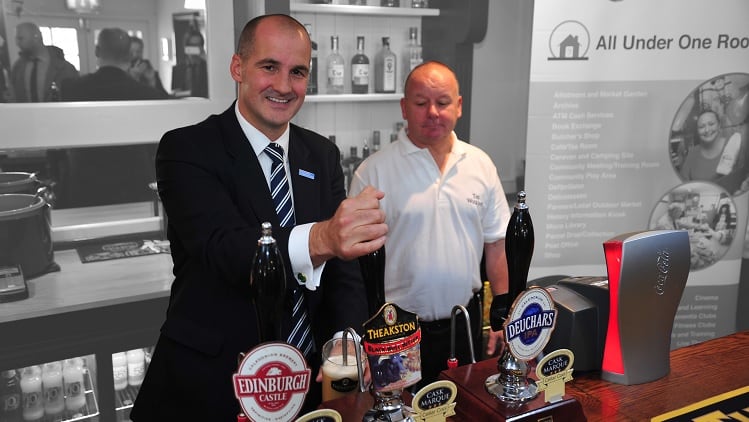On the one hand we should be proud of our dynamic industry, when barely a week goes by without hearing of new sites being opened or redeveloped, bringing investment to high streets or leisure amenities to new areas.
On the other hand, for years we have seen regular media reports of pub closures. In rural areas statistics reveal that 633 villages or small hamlets in England have lost their last pub in the past six years. This often means losing the last gathering place and facilities for the community as well as opportunities for local employment, suppliers and the economy.
Sadly, every doom and gloom media story about pub closures is another blow to the remaining 14,000 rural pub owners in this country who may be trying to raise financial support. They are usually run as small enterprises by couples, partnerships or families, so how can these essential small businesses develop and grow when it is so difficult to find investment?
That is the reason we set up our Community Services Fund in 2013 as a fund of last resort. We wanted to show some faith in the good ideas of licensees, to listen hard to their communities, and to improve local services and activities through their local pub.
In five years we have assessed more than 300 expressions of interest leading to nearly a hundred projects where small business owners invest time, effort and their own money – with a bit of support from us – to create new community services.
From shops, cinemas and cafés to job clubs, digital skills training and lunches for people suffering with dementia, these inspirational pubs are as pioneering as the ones I mentioned at the start.
As we begin to see the effects of an ageing population, with social care in crisis and campaigns for mental health and loneliness, perhaps it is time we began to measure more than just financial returns
for the viability of a rural pub and identify more of the real social values and local benefits?
Rural pubs are quietly reinventing themselves for the future, but let’s not forget that they still need access to investment and that not all ROI is financial.


